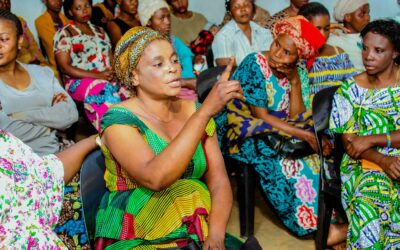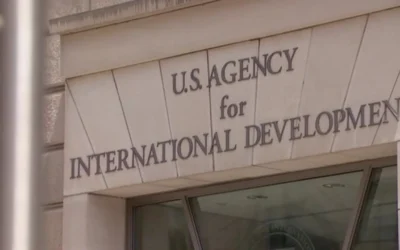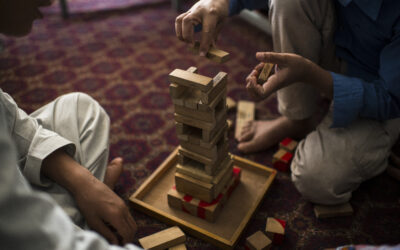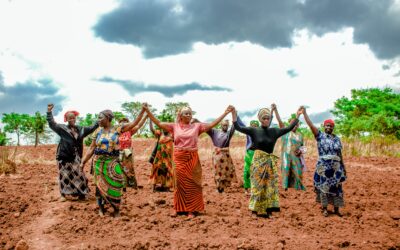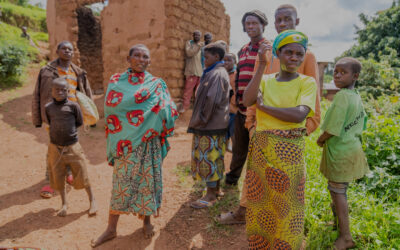How do Identification Cards Empower People in Poverty?
According to the World Bank, roughly 1.7 billion people do not have access to a bank account, almost all of which live in the global south. The most underrepresented groups in the financial world are often women and under-educated individuals as well as the poorest and most rural communities. In other words, those who need access to financial resources the most have frequently been shut out. Why might this be? One of the key explanations is a lack of identification cards.
The World Bank estimates that 1 billion people worldwide face challenges in proving who they are. As a result, they struggle to access basic government services, open bank accounts and even own a mobile phone. These people often also miss out on the opportunity to be formally employed and own their own business. Being invisible to financial services forces these individuals to operate in a cash-only economy. These economies do not offer the credit needed for things like home ownership, education, or basic medical services.
Reasons for lack of IDs
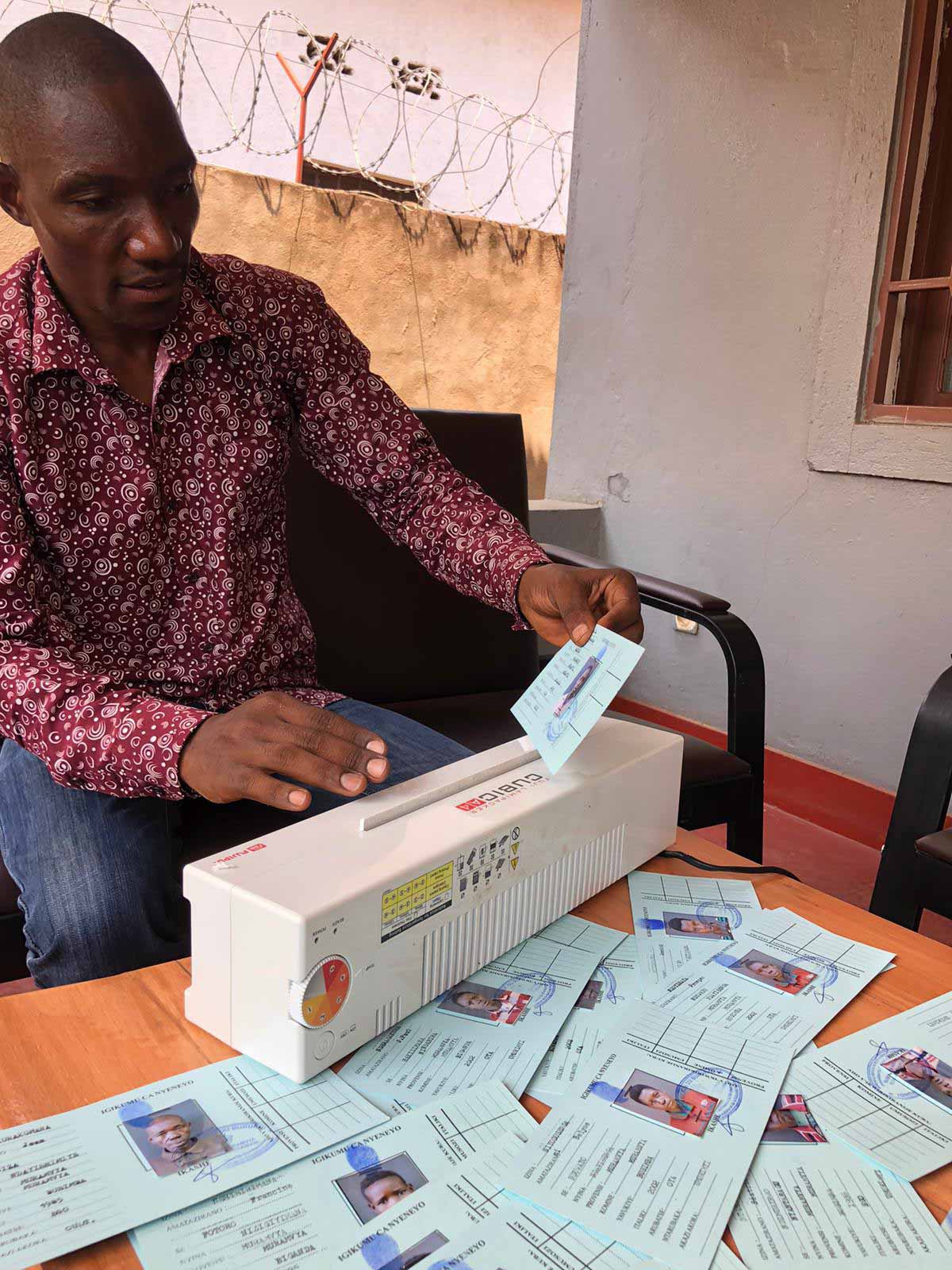
This lack of identification is caused by a number of factors. In many instances, the process for obtaining identification is not automatic, like it is in the United States. Instead of being provided a social security card soon after birth, the ID process for a large number of low income countries is time consuming and might take years to complete.
Governments are often overworked and do not prioritize ID services, resulting in the process taking longer. In some instances, fees for ID processing are too much for people living in poverty. For rural communities, government offices might be too far away to travel on a consistent basis. In addition, societal norms might not permit women from obtaining identifying documents. In extreme cases, certain minority communities are not considered citizens of the specific country and are therefore not issued an ID.
The solution for getting an ID
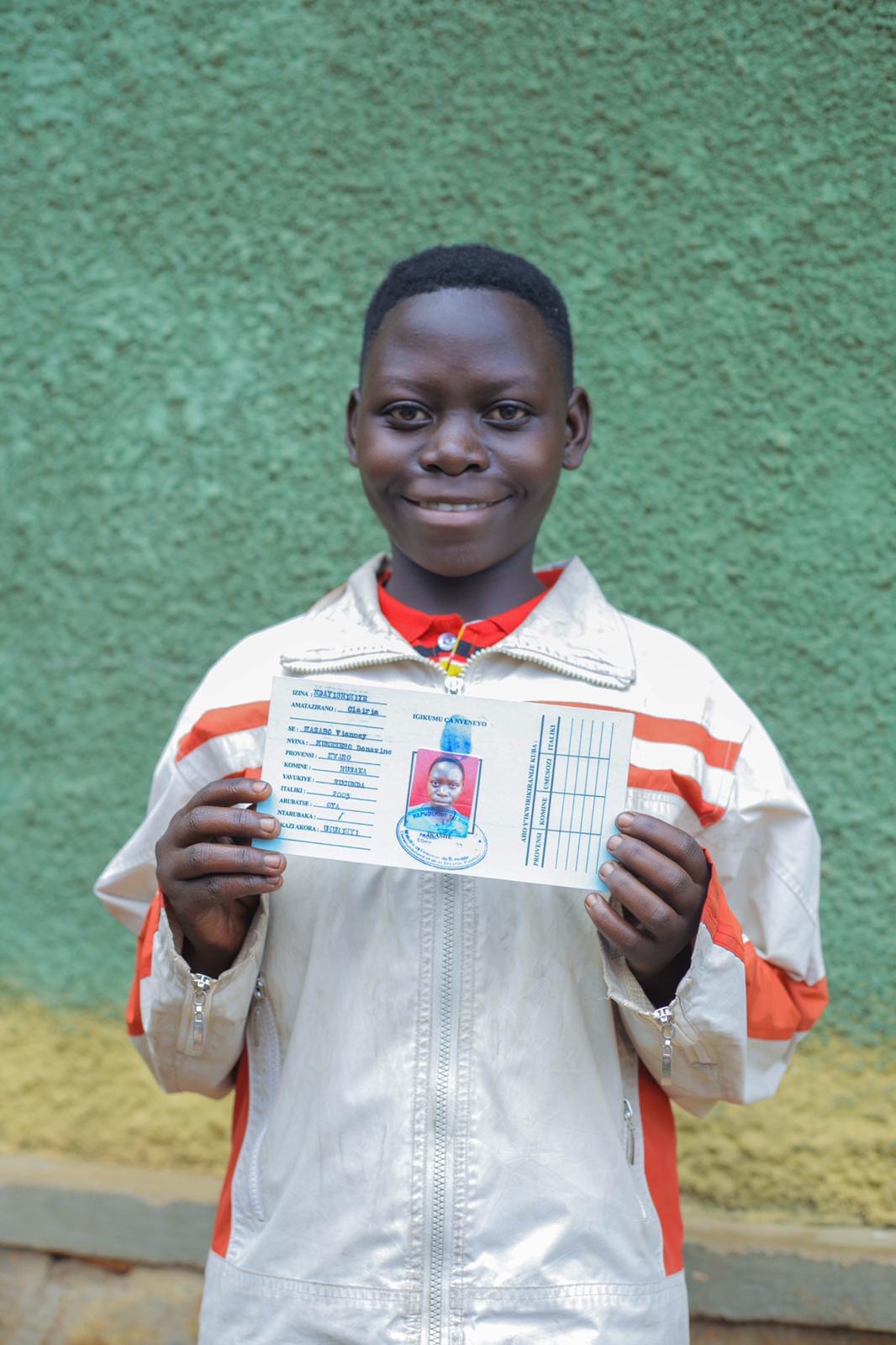
The solution to this problem is relatively straightforward: government programs need to address the inequality in identification. This is desperately needed because no other organization can issue a state ID other than the state itself. It is crucial that governments in low and middle-income countries recognize a need for these people to be identified. The good news is that governments are beginning to recognize the seriousness of this problem and are taking steps to address it.
In 2018, ID4Africa brought together 1,600 delegates from 47 African countries and the private sector to discuss steps to close the identification gap. Following this meeting, the governments of Togo, Benin, Burkina Faso, and Niger announced a regional identification program aimed at providing ID cards and government services to vulnerable communities. As programs like this grow in popularity, the economic possibilities for nearly 14% of the global population significantly increase.
The benefits of obtaining an ID
When distributed to all, ID cards are able to provide a foundation for future economic success. An ID is a government’s recognition of a person’s status as a citizen. It entitles them to government services and programs, allows them to participate in the formal economy and have access to bank accounts and other financial resources.
By securing this basic recognition that so many of us take for granted, marginalized groups such as women, rural communities, and indigenous groups are able to take ownership over their economic choices. In short, identification means stability and an increase in the opportunities for economic achievement.
In 2019, One Day’s Wages partnered with African Road to help provide identification documents to the Batwa ethnic group in Burundi (pictured throughout). Through our partnership, African Road was able to provide national IDs, marriage licenses and/or birth certificates to 1,183 people. The project concluded with a celebration of births and marriages, including wedding ceremonies, for those who did not have the proper identification before. We believe that economic empowerment is a vital part of our mission to alleviate global poverty and we welcome the opportunity to work with partners around the globe to do just that.
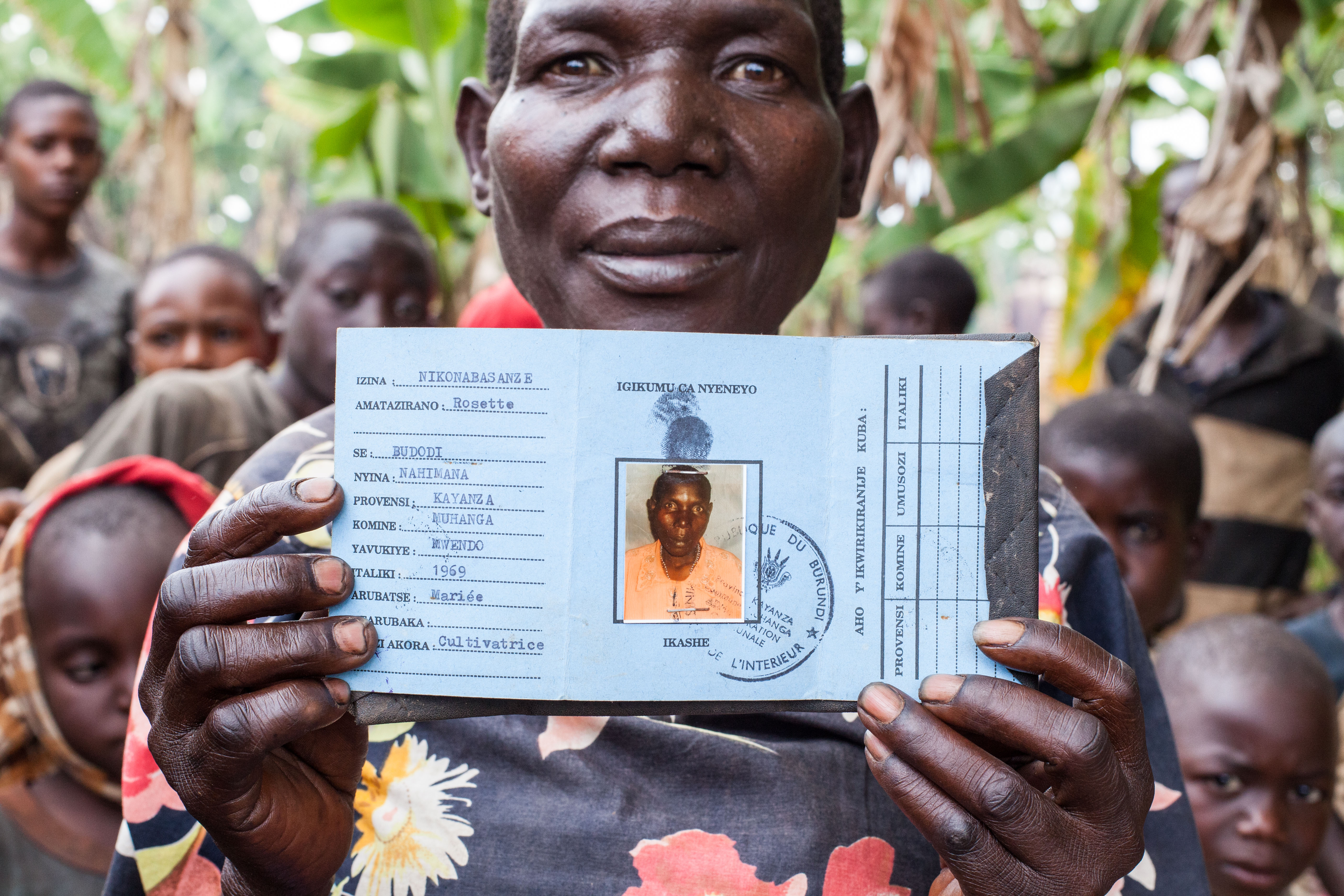
More stories of impact
Turning Challenges into Opportunities: Masoka’s Journey of Empowerment
Masoka’s hands are stained with the rich soil of the land she now calls home. A 37-year-old mother of four, she arrived at Dzaleka Refugee Camp in Malawi after fleeing the conflict in her home country, the Democratic Republic of the Congo. The future felt uncertain,...
What Was USAID, and What Now?
USAID has made news headlines constantly over the last few months. You may find yourself wondering: what is USAID, and is One Day’s Wages affected by its dismantling? As a global development organization, we at ODW care deeply about the people who depend on foreign...
Growing Love, One Drop at a Time: How One Woman Turned Her Birthday into a Gift of Clean Water
When Sara, a graphic designer and mother from Oregon, started thinking about how to celebrate her birthday, she decided to do something different—something meaningful. With a belief that “we are all connected… with the power to affect change by how we live our own...
Bridging the Gap: An Update on Our Response to the Funding Freeze
In Matoh, Cameroon, a mother prepares to give birth. Life in a conflict zone means getting to a safe facility with trained health workers is nearly impossible. Fortunately, a new mobile clinic begins offering prenatal care and transportation to a birthing clinic,...
Why We Invest in Women
There’s an old Ghanaian proverb: “If you educate a man, you educate an individual. But if you educate a woman, you educate a family.” On this International Women’s Day, we celebrate the power of women—how their resilience, leadership, and determination transform not...
The Case for Social Inclusion
Today is the World Day of Social Justice! Never heard of it? Never fear, we’re here to fill you in. In 2009, the United Nations General Assembly launched the World Day of Social Justice to recognize our on-going need for inclusive economic development and decent work...
LEARN
Leadership
Transparency
Read the Latest
Contact Us
COLLABORATE
Faith Groups
Schools
Businesses
Get Involved
One Day’s Wages exists to alleviate extreme poverty by investing in, amplifying, and coming alongside locally led organizations in underserved communities.
©2025 One Day's Wages is a registered 501(c)(3) organization | Tax ID #26-2566653 | Privacy policy | Terms of use
P.O. BOX 17575 Seattle, WA 98127 | Contact us

